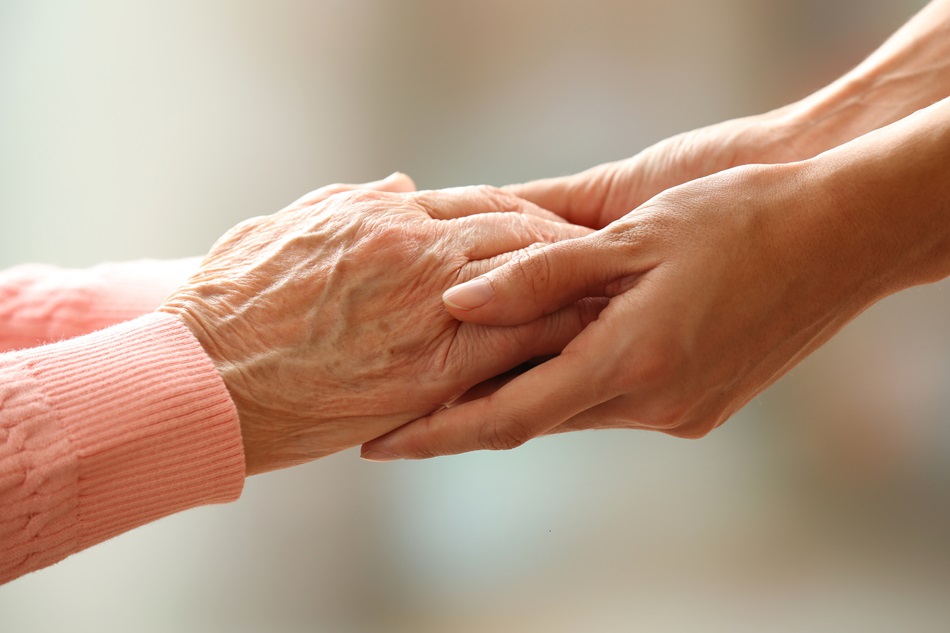The world’s population is aging rapidly. With this shift comes a growing demand for high-quality aged care services. Aged care workers play an essential role in ensuring the well-being of elderly individuals, providing them with the support they need to live healthy, fulfilling lives. This comprehensive guide delves into the many responsibilities of aged care workers, offering a clear understanding of the daily tasks and dedication that make this profession so crucial.
Core Responsibilities
The role of an aged care worker encompasses a wide range of duties, all focused on promoting the well-being of elderly individuals. These responsibilities can be broadly categorized into four core areas:
- Personal Care: Daily living activities become more manageable with the assistance of an aged care worker. This includes helping with showering, dressing, grooming, and toileting. Aged care workers provide this support with patience, respect, and a focus on maintaining the dignity and independence of each resident.
- Medical Assistance: Some aged care workers may be trained to administer medications according to prescribed instructions. They also play a vital role in coordinating with healthcare professionals, such as doctors and nurses, by keeping them informed of any changes in a resident’s health. In addition, they monitor the vital signs, reporting anything that could be of medical concern to the residents to the residents’ medical practitioner.
- Emotional and Social Support: Social interaction and emotional well-being come at par with physical care for elderly residents. Workers engage residents in conversation, listening closely to them, and share companionship to minimize loneliness and isolation. They may facilitate social activities, such as group games or outings, to create a stimulating and engaging environment.
- Nutritional Support: Good nutrition is one of the components of sound health at any age. Aged care workers often give the clear emphasis on ensuring the right nutrition for all residents. This includes the preparation of meals in accordance with individual dietary requirements, which may relate to concerns such as diabetes, heart disease, or allergies. For residents who require assistance, aged care workers can also help with feeding to ensure they consume the necessary nutrients.

Skill Set Required
Being an aged care worker requires a very diverse set of skills and goes far beyond just the technical. The following are some key qualities that would make a person thrive in this most rewarding of professions:
- Communication Skills: Central to aged care is building strong relationships. This will require excellent communication skills in dealing effectively with the aged individuals and their families. This includes actively listening to residents’ concerns, clearly explaining procedures, and keeping families informed about their loved one’s well-being.
- Patience and Compassion: Aging comes with the development of physical and emotional challenges that have to be coped with, through empathy, understanding, patience, and compassion. This entails treating each resident at all times with respect and dignity, despite the difficulty that might be presented by behaviors and communication.
- Physical Stamina: Being healthy and fit is a plus for aged care workers. The job often involves physical tasks such as assisting residents with transferring, walking, or using mobility aids. Good physical stamina also helps ensure the safety of both residents and workers.
- Observation Skills: An aged care worker must be observant of even the smallest changes occurring in a resident’s condition, such as loss of appetite, mobility deterioration, or signals that indicate mental stress. By promptly reporting these observations, they can ensure timely interventions and maintain the resident’s well-being.
Ethical and Legal Responsibilities
The trust placed in aged care workers is immense. You would have access to the most intimate things about a client: the medical history and even his most deep-seated fears and anxieties. Upholding ethical and legal responsibilities is tantamount to their well-being.
- Confidentiality and Privacy: A resident’s medical history, personal details, and conversations are all considered confidential. Aged care workers have a legal and ethical obligation to safeguard this information. This means keeping personal records secure, avoiding sharing details in casual conversations, and obtaining consent before discussing a client’s situation with anyone outside the care team.
- Upholding Legal Rights: Elderly individuals retain their legal rights even while receiving care. Aged care workers must be familiar with these rights, such as the right to self-determination, the right to give informed consent, and the right to have freedom from any kind of abuse or neglect. This means respecting a client’s choices about their care plan, ensuring they understand any proposed treatments, and reporting any suspected violations of their rights to the appropriate authorities.

The Rewarding Path of Aged Care
The world of aged care is a dynamic and growing field that offers a unique opportunity to make a significant difference in people’s lives. While the responsibilities are demanding, the rewards are immeasurable. By combining technical skills with compassion, patience, and a commitment to ethical care, aged care workers become an essential source of support for a vulnerable population.
If you’re looking for a career that allows you to connect with others, contribute to their well-being, and be part of a growing field, then aged care might be the perfect path for you. You could be the one to make a positive impact on someone’s golden years.






